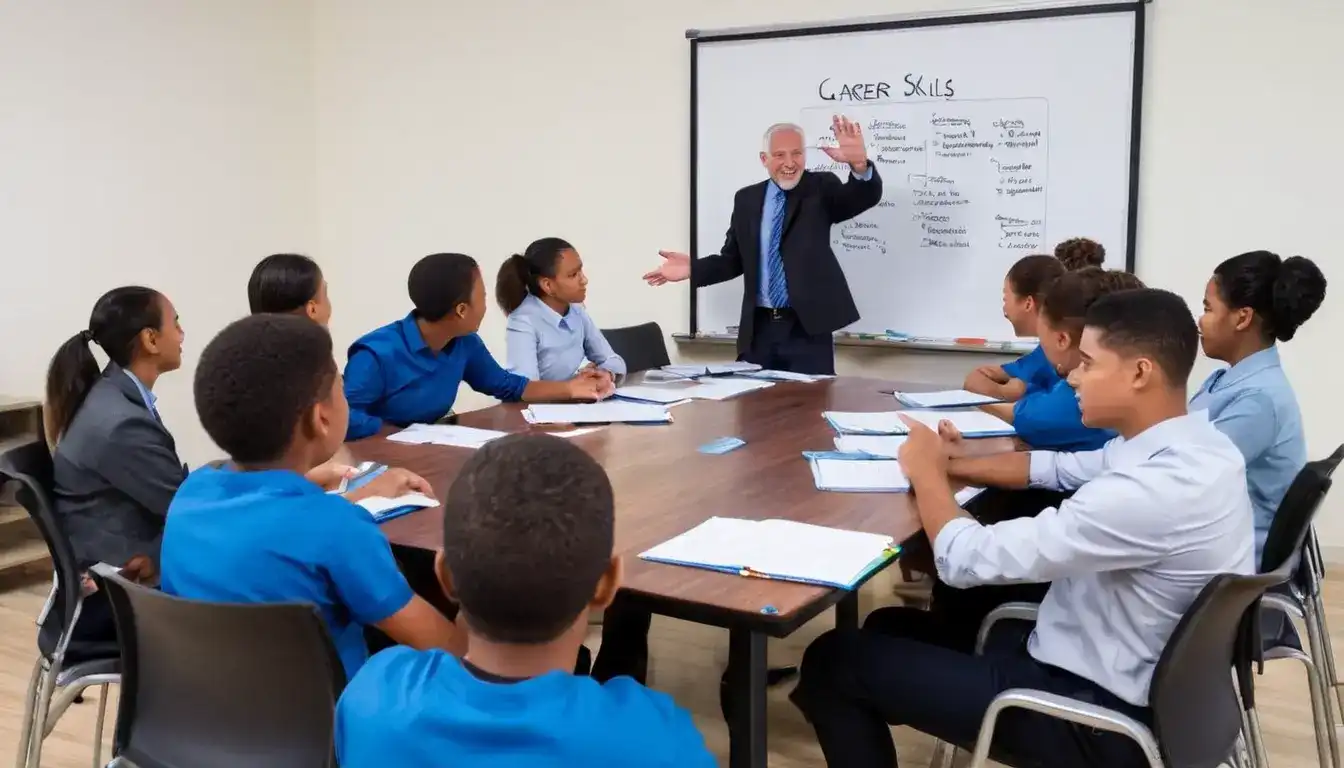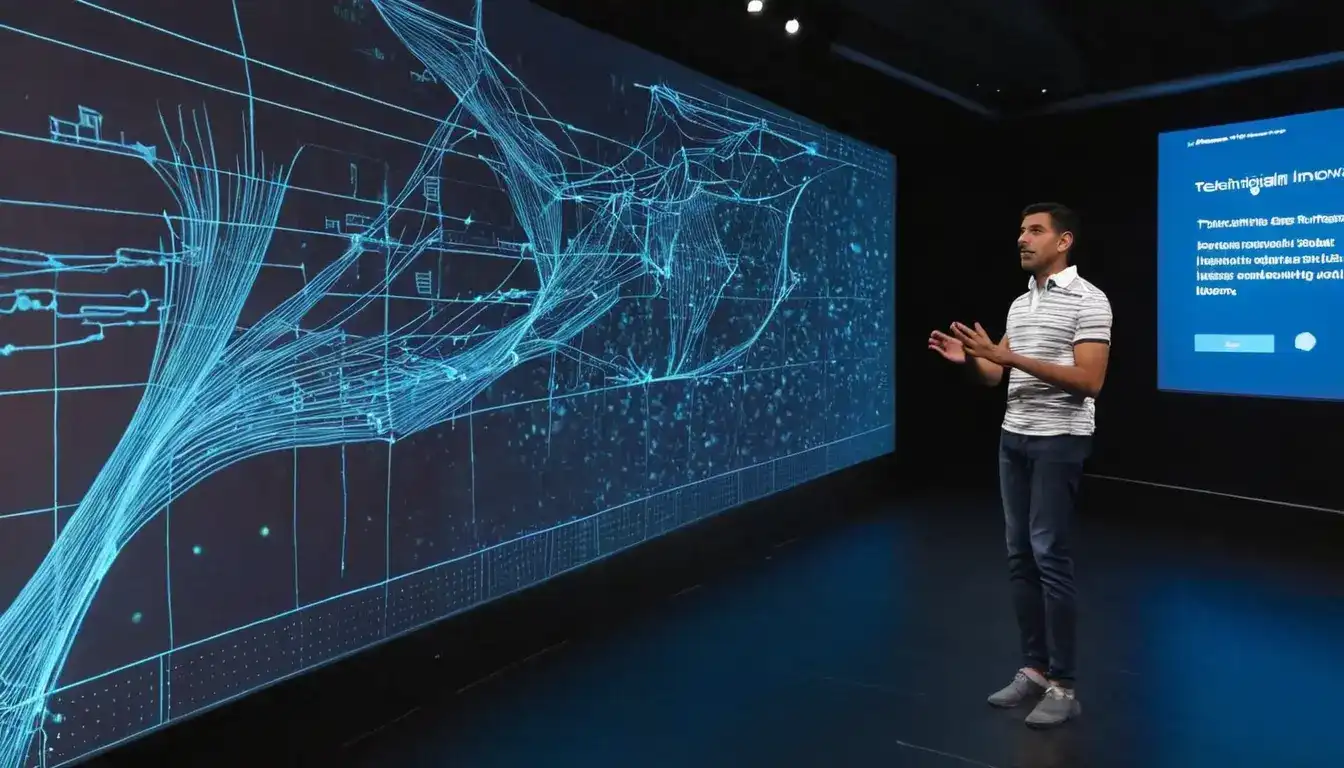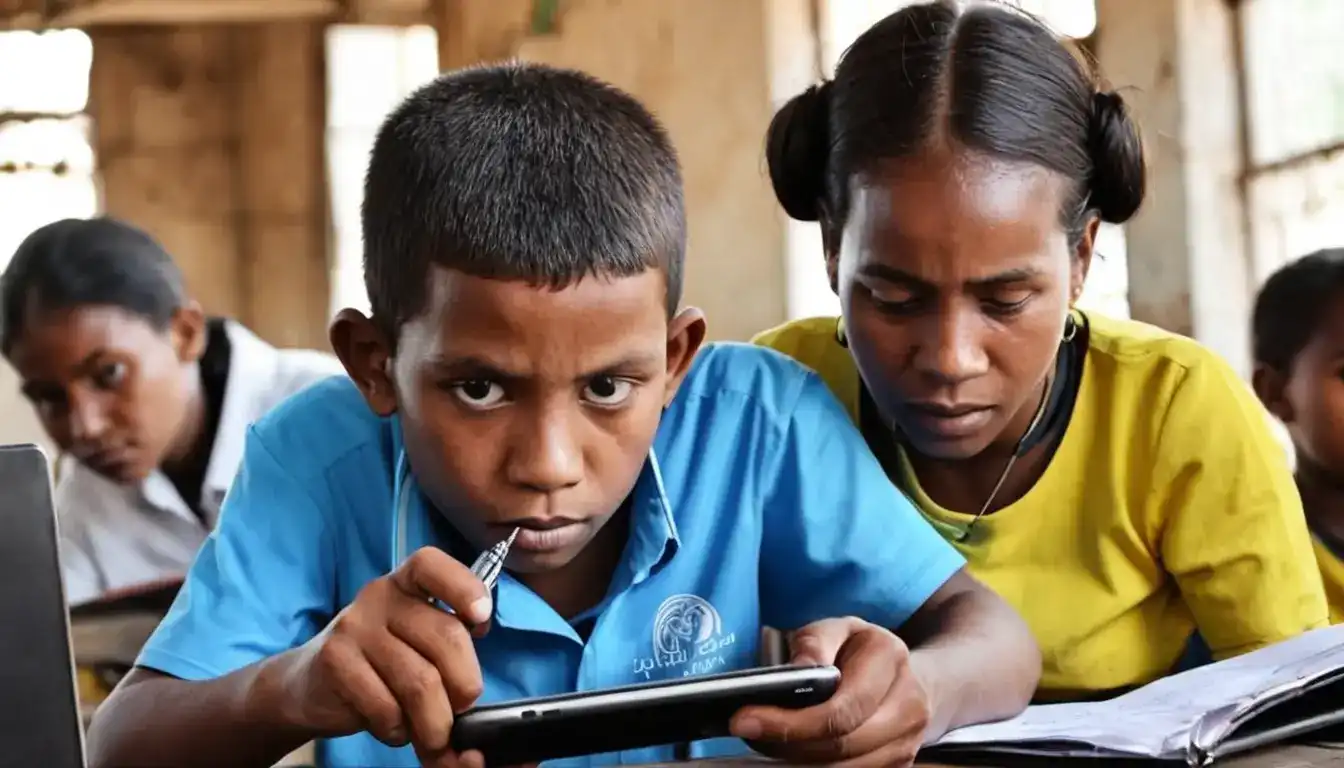The Importance of Mental Training and Psychological Strategies in Helping Athletes Reach Their Peak Performance on the Field
Emily Willis

Photo: The Importance of Mental Training and Psychological Strategies in Helping Athletes Reach Their Peak Performance on the Field
Achieving peak performance in sports goes beyond physical prowess—it requires mental fortitude and strategic psychological techniques. In this article, we delve into the significance of mental training and psychological strategies in enhancing athletes' performance on the field, without using complex scientific terms, to provide insights that are both informative and accessible.
Understanding Mental Training in Sports
Mental training refers to the systematic practice of psychological techniques aimed at improving focus, confidence, resilience, and overall mental well-being in athletes. It complements physical training by preparing athletes to effectively manage pressure, setbacks, and competitive challenges.
Psychological Strategies for Peak Performance
Goal Setting: Setting clear, achievable goals helps athletes maintain motivation and focus. Goals should be specific, measurable, attainable, relevant, and time-bound (SMART).
Visualization: Mental imagery or visualization involves athletes mentally rehearsing their performance in detail, visualizing successful outcomes, and imagining themselves overcoming obstacles. This technique enhances confidence and prepares athletes mentally for competition.
Positive Self-Talk: Encouraging and positive self-talk helps athletes maintain a resilient mindset, boost confidence, and manage self-doubt during challenging moments.
Mindfulness and Relaxation Techniques: Practices such as mindfulness meditation, deep breathing exercises, and progressive muscle relaxation promote relaxation, reduce anxiety, and enhance concentration.
Focus and Concentration: Training attentional focus and concentration skills enable athletes to stay present, ignore distractions, and maintain optimal performance levels under pressure.
The Role of Mental Toughness
Mental toughness is the ability to perform consistently well under pressure, adversity, and challenging conditions. It involves resilience, determination, and the capacity to bounce back from setbacks. Mental toughness can be developed through specific mental training techniques and experiences that test an athlete's psychological limits.
Overcoming Performance Anxiety
Performance anxiety is common among athletes and can hinder peak performance. Psychological strategies such as systematic desensitization, cognitive restructuring (changing negative thought patterns), and relaxation techniques help athletes manage anxiety and perform at their best.
Benefits of Mental Training and Psychological Strategies
Enhanced Performance Consistency: Mental training improves athletes' ability to perform consistently at their highest level, regardless of external pressures or competitive environments.
Improved Confidence and Self-Belief: Confidence is crucial for athletes' performance. Effective mental training enhances self-belief, reduces self-doubt, and fosters a resilient mindset.
Better Stress Management: Athletes learn to manage stress effectively, preventing it from negatively impacting performance and overall well-being.
Faster Recovery from Setbacks: Psychological resilience enables athletes to bounce back quickly from defeats, setbacks, or injuries, maintaining focus on long-term goals.
Integrating Mental Training into Athletic Programs
Coaches and sports psychologists play a vital role in integrating mental training into athletic programs. They provide guidance, support, and personalized strategies tailored to each athlete's needs and goals. Consistent practice and reinforcement of mental skills are key to maximizing their effectiveness.
Real-Life Examples and Success Stories
Many successful athletes attribute their achievements not only to physical training but also to rigorous mental preparation. Examples include visualization techniques used by Olympic athletes, mindfulness practices adopted by professional sports teams, and personalized mental training programs implemented by individual coaches.
Conclusion
In conclusion, mental training and psychological strategies are indispensable components of athletic success. By cultivating mental toughness, enhancing focus, managing stress, and fostering confidence, athletes can elevate their performance and achieve peak levels of success on the field. Coaches, sports psychologists, and athletes themselves should prioritize mental training as a fundamental aspect of training regimens.
Embracing mental training empowers athletes to harness their full potential, overcome challenges, and thrive in competitive sports environments. As we continue to understand the profound impact of mental fortitude on athletic performance, integrating these strategies will undoubtedly shape the future of sports excellence.
Start incorporating mental training and psychological strategies today to unlock your peak performance potential and elevate your athletic journey to new heights!
Latest ✨
View AllThe integration of technology in education is essential in today's rapidly evolving educational landscape. It increases engagement, encourages personalized learning, provides access to global resources, prepares students for future careers, and facilitates collaboration and communication.
Emily Willis
The world of education has shifted towards distance learning, with advancements in technology leading to a surge in online education platforms. To find the perfect platform for your needs, it is important to understand your goals and consider factors such as cost, course content, learning style, community support, technology requirements, reputation, and trial options.
Emily Willis
In today's job market, academic qualifications alone are not enough for success. Employers value soft skills such as communication, leadership, and teamwork. Educational settings provide opportunities for students to develop these skills. Strong communication skills enable effective collaboration and understanding. Presentation and public speaking skills enhance professionalism and credibility. Leadership skills involve setting goals, making decisions, and inspiring others. Teamwork skills are important for building relationships and achieving shared goals. Developing these skills in an educational environment prepares individuals for successful careers by enhancing employability and job readiness. Soft skills development is an ongoing process that promotes continuous learning and growth. By emphasizing the importance of soft skills, educational institutions empower students to succeed in a complex and interconnected world.
Emily Willis
Technological advancements have revolutionized education, leading to interactive learning experiences that are engaging and effective. Key innovations include VR, AR, gamification, personalized learning platforms, mobile learning apps, and collaborative tools.
Emily Willis
Business
View All
August 5, 2024
Tips for Maintaining a Balance Between Work and Personal LifeAchieving a healthy work-life balance is essential for overall well-being, productivity, and happiness. Setting clear boundaries, prioritizing self-care, managing time effectively, nurturing relationships, and learning to unplug are key strategies to maintain this balance. It is important to communicate your needs effectively, seek support, and delegate tasks when necessary.
Emily Willis

August 4, 2024
The Hybrid Workplace Revolution: Embracing Flexibility and Redefining Work-Life BalanceThe traditional office environment is changing as the rise of the hybrid workplace model offers a blend of on-site and remote work arrangements. This shift is driven by a desire for flexibility, employee well-being, and technological advancements.
Emily Willis

August 5, 2024
Tips for Finding the Right and Profitable Business Ideasteps to finding a profitable business idea, including understanding your passions and skills, solving problems, conducting market research, finding a niche, leveraging your network, brainstorming, testing and validating your idea, staying updated on trends, evaluating market potential, validating your idea with customers, evaluating financial viability, protecting intellectual property, seeking guidance and support, and being prepared to adapt and evolve.
Emily Willis
Economy
View AllFiscal policy is a crucial tool used by governments to influence economic activity and achieve various objectives. It involves decisions on government spending, taxation, and borrowing. During economic downturns, fiscal policy plays a key role in supporting recovery, stimulating demand, and promoting growth.
Read Moreimpact of inflation on households and businesses, outlining the causes and consequences of rising prices. It provides strategies for both households and businesses to cope with inflation, such as budgeting, seeking deals, and negotiating with suppliers. The importance of collaboration and communication between governments, businesses, and consumers is emphasized, along with the need for long-term investments in infrastructure, skills development, and sustainable practices.
Read MoreThe digital economy has the potential to bring economic growth and innovation to developing countries, but there are several challenges that need to be addressed. These challenges include inadequate digital infrastructure, a digital divide that exacerbates inequalities, complex and outdated regulatory frameworks, cybersecurity risks, and limited access to financial services. However, there are opportunities for enhancing financial inclusion and economic growth. These opportunities include mobile and digital payments, implementing digital identification systems, e-commerce and market access, digital skills development, and public-private partnerships. By addressing these challenges and embracing the digital revolution, developing countries can unlock new opportunities for economic empowerment and inclusive growth.
Read MoreEntertainment
View All
August 5, 2024
Music Universal Language: Connecting and Inspiring Across CulturesMusic has the power to transcend language barriers and connect people on a deep emotional level. It serves as a bridge between cultures, fostering understanding and appreciation for diversity. The universality of rhythm and melody creates a sense of unity, while the diversity of musical styles allows for exploration and creativity.
Emily Willis

August 4, 2024
Exploring Virtual Reality (VR) in Entertainment: Future Applications and DevelopmentsVirtual Reality (VR) technology is revolutionizing the entertainment industry by providing immersive and interactive experiences that transform audience interaction with content. VR creates simulated environments that allow users to engage with virtual worlds, characters, and narratives in ways that traditional media cannot.
Emily Willis

August 4, 2024
Virtual Music Concerts: The Future of Live Performance?The music industry has seen significant changes in recent years, with virtual music concerts becoming a popular trend, especially due to the impact of the COVID-19 pandemic. Technological advancements have made virtual concerts more accessible and cost-effective, while also reducing the environmental impact of live events. However, challenges such as technical issues and the lack of physical presence remain. The future of virtual concerts may involve hybrid models that combine virtual and physical experiences, as well as continued technological innovation to enhance the quality of virtual performances. Building a sense of community and engagement will also be crucial for the success of virtual concerts moving forward.
Emily Willis
Health
View Allour minds are often overwhelmed with information and stimuli, leading to stress and anxiety. Mindfulness and meditation offer tools to cultivate inner peace and well-being. Mindfulness involves being present in the moment without judgment, while meditation involves focusing attention on an object or thought.
Emily Willis
Quality sleep is essential for overall health and well-being, impacting physical, cognitive and emotional functioning. Lack of quality sleep can lead to a variety of health issues, including weakened immune function, heart problems, weight gain and cognitive impairment.
Emily Willis
The focus of nutrition advice is shifting towards personalized nutrition, taking into account individual genetic makeup, lifestyle, and health goals to create a customized eating plan. This approach can lead to improved health outcomes, enhanced nutrient absorption, increased motivation, and targeted support for specific health concerns.
Emily Willis
Trending 🔥
View All
1
2
4
5
6
7
8
9
10
Lifestyle


Sports
View AllAugust 5, 2024
Sports for Social Good: Promoting Diversity, Inclusion, and Community Engagement
Read MoreTechnology
View All
August 5, 2024
Top Unity Software Development Trends to Watch in 2024
Explore the top Unity software development trends that will shape the gaming industry in 2024. From AI integration to VR/AR immersion, cross-platform reach, cloud collaboration, and mobile gaming, Unity is revolutionizing gaming experiences. Stay ahead in the dynamic world of game development with these insights.

August 5, 2024
How to Build a Smart Home Using IoT Devices
The concept of a smart home has become a practical reality for many homeowners, utilizing IoT devices to automate and control household functions.

August 5, 2024
AI Applications that are Changing the World Around Us
Artificial Intelligence (AI) is no longer a concept from science fiction, but a reality that is reshaping the world around us. From virtual assistants to self-driving cars, AI is making significant impacts in various industries such as healthcare, education, transportation, and agriculture. AI is also being used to address environmental challenges and enhance customer experiences.

August 5, 2024
Best AR Translation Apps Tested
Uncover the best AR translation apps on the market through our in-depth testing and reviews. From seamless voice conversations to real-world text translation, these apps will revolutionize the way you communicate across languages.



















